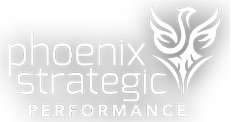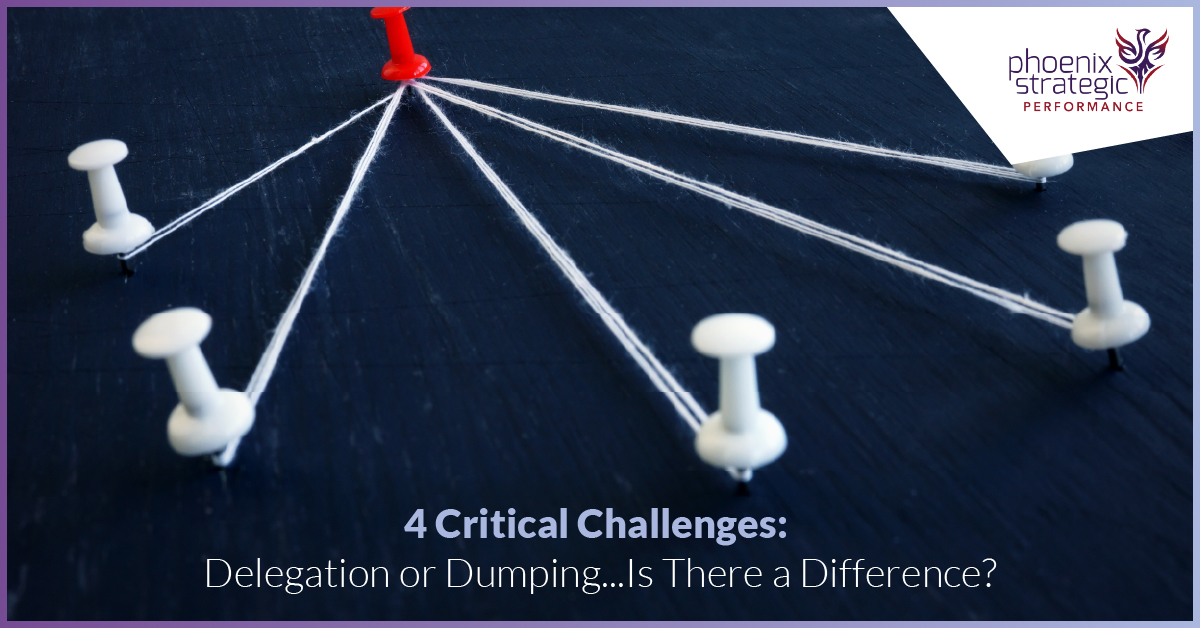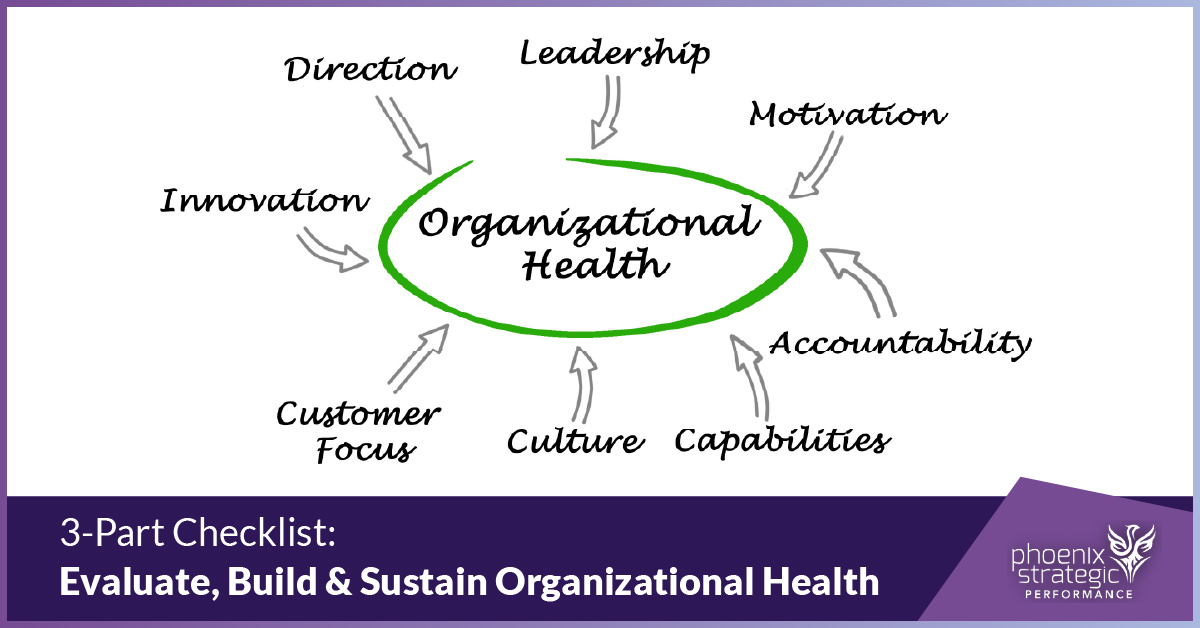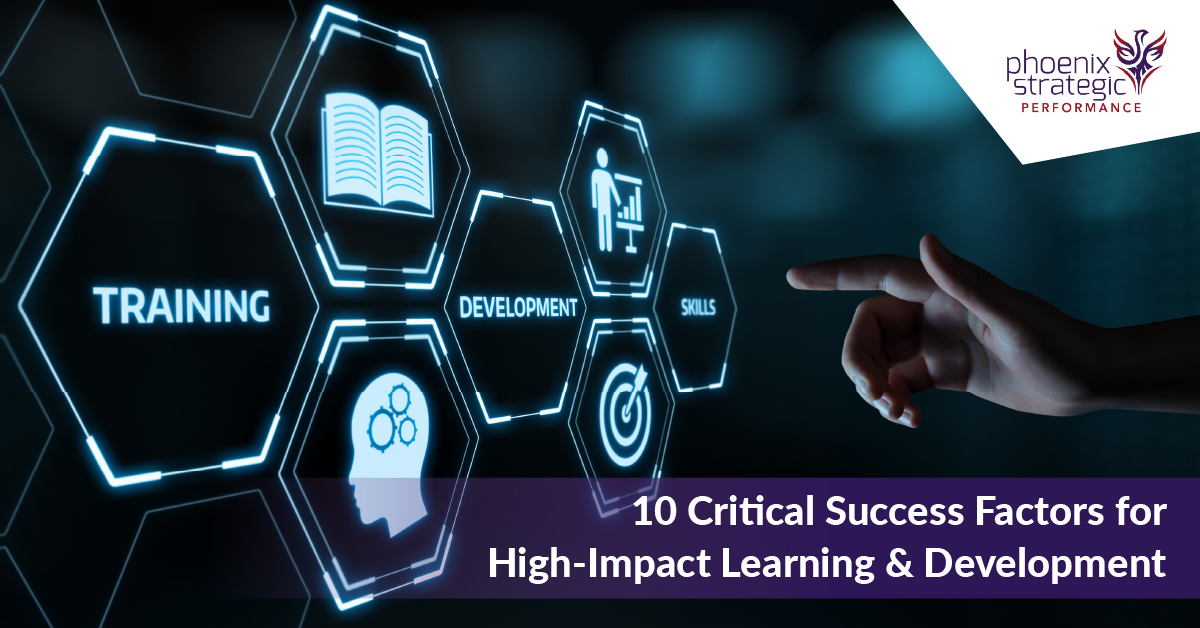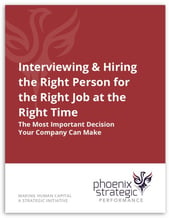You can't start soon enough. Startups need to focus on three key drivers to accelerate success:
- A product that the market values
- The right team to realize your business goals
- The ability to outcompete your competition
It's never too early to start managing people, your most important asset.
Startups, by their very nature, are fast-paced and change continually. Every person in every role will make a critical, strategic difference. There is no room for error, nowhere to hide, and no place for people who are stagnating. Given the recent research stating that the shelf life of knowledge and skills is 2.5 years, think about the impact that scenario can have on lean startup operations. How quickly can robust human capital become obsolete? Through a rigorous, business-focused assessment system, startup companies can quickly and accurately assess their human capital in terms of productivity percentages, value creation, stagnation and erosion, and positive, neutral, and negative trends. How would an investor evaluate a startup for investment potential when seen through those lenses?
